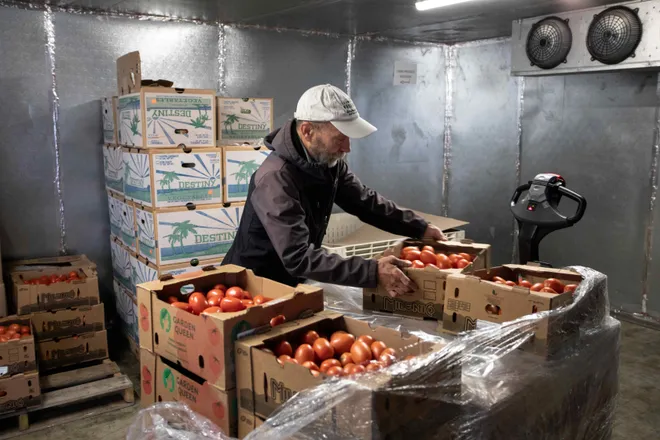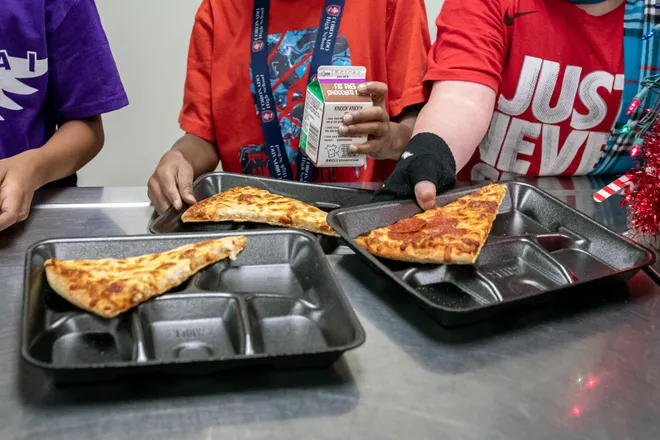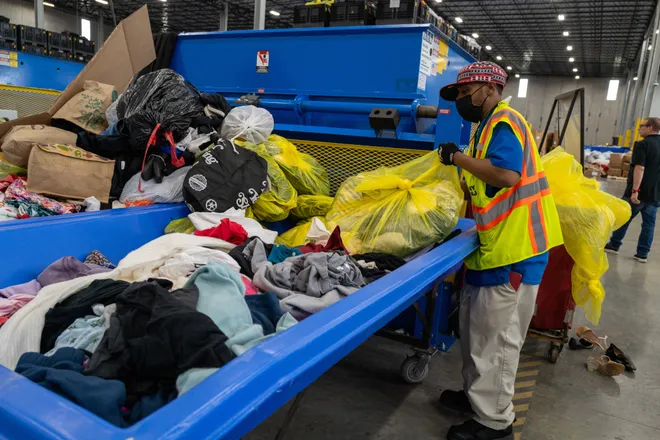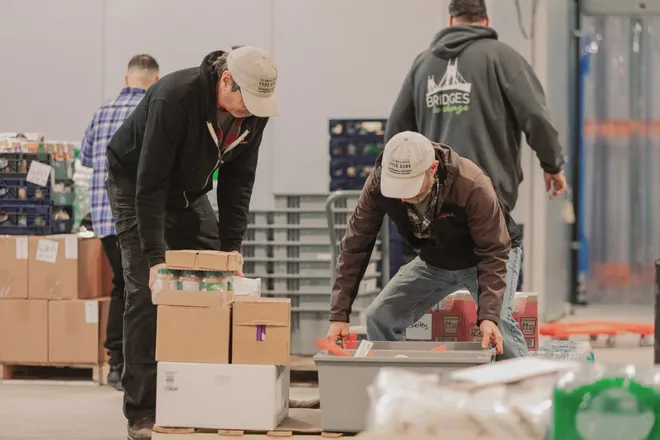More than a decade after launching, #GivingTuesday has become a year-round movement
Giving Tuesday is the annual culmination of everyday Americans finding ways to give back.
The Tuesday that falls after Thanksgiving, Black Friday and Cyber Monday in November has become an occasion for millions to give in the years since 2012, when it started as #GivingTuesday on social media.
Back then, Asha Curran was working at New York City's famous 92nd Street Y community center when she and a colleague decided to try to "make good go viral." Now, Curran is the CEO of the international nonprofit that shares its name with the annual day of generosity.
"We are not a day anymore, we are a year-round movement," Curran told USA TODAY.
"The most important thing I want Americans to know about Giving Tuesday is, whether they give on Giving Tuesday or not, to not underestimate the power of every small generous action," Curran said. "Giving on Giving Tuesday feels even better because you know you're part of something bigger than yourself."
Now, on every Giving Tuesday, email inboxes are flooded with asks from nonprofits, the Salvation Army unveils its giant red kettles in Manhattan and everyday folks in all corners of the U.S. give, whether from their wallets or from their busy schedules.

The day bolsters resources for philanthropic groups and social service providers, which is important because "here in the U.S. we do lack the safety net that other countries have," Curran said.
"Giving Tuesday can be that point where we take stock of our giving capacity and our giving approach," said Steve Preston, CEO of Goodwill Industries International. "Giving can be an event, or just part of our lives," he said, adding that the day can be a unique opportunity for people to connect with causes, groups and communities that they're particularly passionate about.
"It allows people to say, 'What do I really care about? What does my community need? How can I locate an organization that can make a difference?'" he said.
Here's what to know about the annual day of giving.
How can I donate on #GivingTuesday?
Some ways to give back include donating to nonprofits, as well as other quirkier, creative ways to help others.
Here are a few ways you can give, according to Curran's Giving Tuesday.
- Pay outstanding school lunch debt: Show up at your local school and ask to pay the outstanding school lunch debt of students whose families struggle with food insecurity
- Give flowers to a stranger
- Pay for someone's groceries
- Leave a waiter a generous tip
- Give out packed lunches
- Find a nonprofit to donate to by searching via Charity Navigator and GuideStar by Candid
- Get to know your local nonprofit association

Donating makes you happier
Giving Tuesday spreads joy to people who receive acts of kindness and those who give.
"People who give are measurably happier and healthier," Curran said, referring to scientific studies showing that giving freely can boost self-esteem and combat feelings of depression.
"The age-old adage is it's better to give than to receive, and we see that all the time," Preston said, referring to Goodwill's work funding job training opportunities for people in poverty, formerly incarcerated people, and people struggling with addiction.
"It changes us. It connects us to other people, it connects us to needs, it raises our consciousness," he said.
In 2022, $3.1 billion was donated on Giving Tuesday, according to data gathered from dozens of payment processing platforms, according to Curran's nonprofit.
On average, everyday people give gifts of around $75-$100 on Giving Tuesday, Curran said. Some studies have even shown poor people are more generous with their resources than the wealthy, she added.

We need more good news
It can be tempting for people to believe the world is a bad place and there's nothing but bad news, based on social media feeds or what is online. But that's because algorithms are designed to elevate negativity, Curran said.
"There is a lot of good news that never makes it to the top of your feed," she said.
In 2023, wars across the globe have brought "extraordinary amounts of pain and conflict" and some people are still reeling from the COVID-19 pandemic, Curran said.
Participating on Giving Tuesday or witnessing acts of kindness should provide some hope, optimism, and refuge from all the bad news, Curran added.

There's no wrong way to give
Money isn’t needed to make an impact, Curran said, as generosity comes in many forms – such as checking in on a neighbor or cooking a meal for a homebound or elderly person. Kindness, time and goods are all essential things to give that don't involve money.
If you have a special area of expertise, like music, baking or tax-prep, being generous with your talents goes a very long way, Preston said.
"I would encourage people to be bold. Find things that you really care about and that you know will make a different," Preston said.
Contributing: Ashley R. Williams, USA TODAY
Disclaimer: The copyright of this article belongs to the original author. Reposting this article is solely for the purpose of information dissemination and does not constitute any investment advice. If there is any infringement, please contact us immediately. We will make corrections or deletions as necessary. Thank you.





